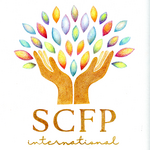
ABOUT THE CURRICULUM
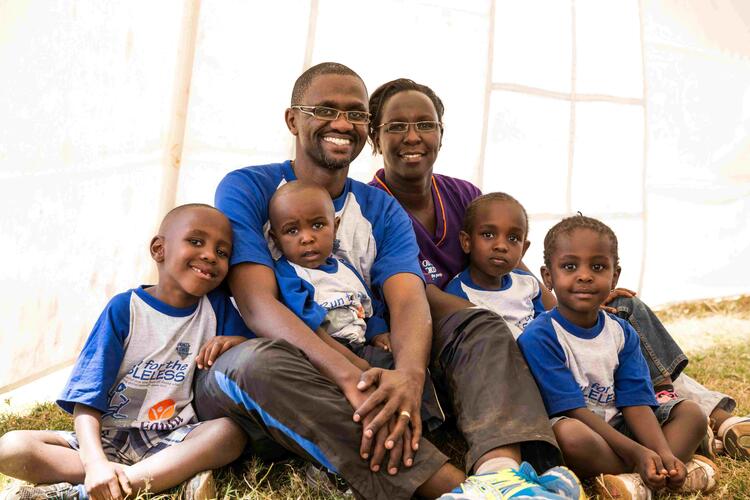
THERE ARE THREE PARTS TO THE CURRICULUM:
- Parent Skills Training
- Child & Teen Skills Training
- Family Skills Training
The Family Skills Manual and Drug Fact Handbook that go along with the lessons will be available soon!
LESSON TOPICS
Bonding lessons for parents, children, and teens
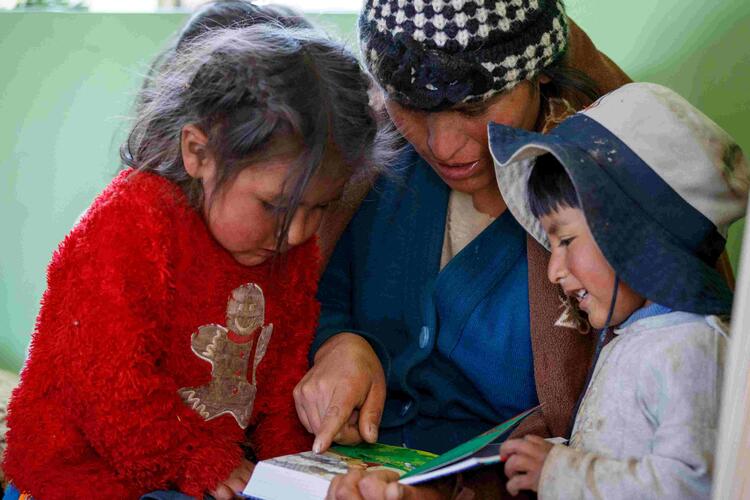
1. What makes a healthy child / healthy brains
2. Notice and compliment the good daily
3. How to express love to your family (and use praise for good behavior):
– Notice and Ignore
– The helpful rules of getting along
4. Communicate with love and understanding
5. Communication and Family Meetings
6. How to manage emotions, stress and anger
7. Apologizing and forgiveness
LESSON TOPICS
Boundaries lessons for parents
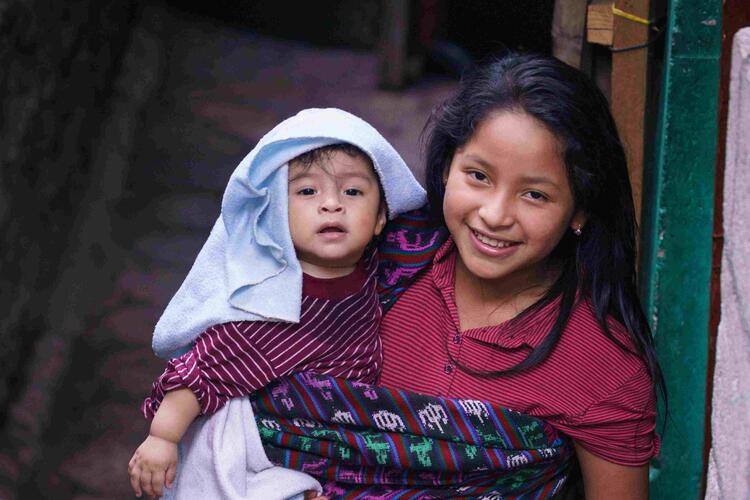
8. Family management and rewarding good behavior
9. Positive Discipline (Part 1): The 7 Steps of Positive Discipline
10. Positive Discipline (Part 2): Make a Behavior Plan for Your Children
11. Positive Discipline (Part 3): Goals and Contracts to change behavior
12. Problem-solving and negotiation skills
LESSON TOPICS
Boundaries lessons for children and teens

8. Rules, responsibilities, routines and rewards
9. Accepting parental boundaries
10. Following instructions and other social skills
11. Goals and contracts to change behavior
12. Problem-solving and negotiation skills
LESSON TOPICS
Monitoring lessons for parents
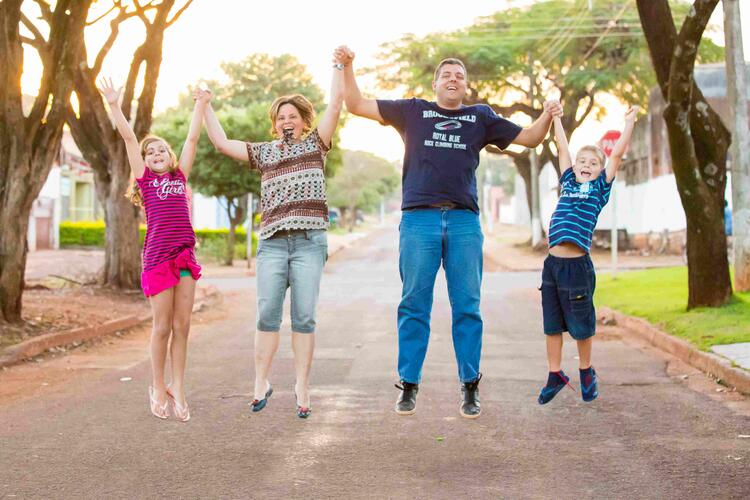
13. Monitoring to Protect Your Children (Part 1)
– The effects of alcohol on the brain
14. Monitoring to Protect Your Children (Part 2)
– Bonding, Boundaries and Monitoring:
– Monitoring for drug use and addiction
15. Monitoring to Protect Your Children (Part 3)
– Monitoring emotional well-being and screen time
16. Monitoring to Protect Your Children (Part 4)
– Monitoring friends, social activities, and dating
LESSON TOPICS
Self-regulation / self-monitoring lessons for teens and children

13. Monitor Yourself for a Safe and Healthy Life (Part 1)
– Alcohol can damage your brain
14. Monitor Yourself for a Safe and Healthy Life (Part 2)
– The dangerous effects of drug use and addiction on your body
15. Monitor Yourself for a Safe and Healthy Life (Part 3)
– Emotional well-being and online screen time
16. Monitor Yourself for a Safe and Healthy Life (Part 4)
– Choose good friends and healthy social activities
LESSON TOPICS
Other lessons for parents, teens, and children to build resilience and community
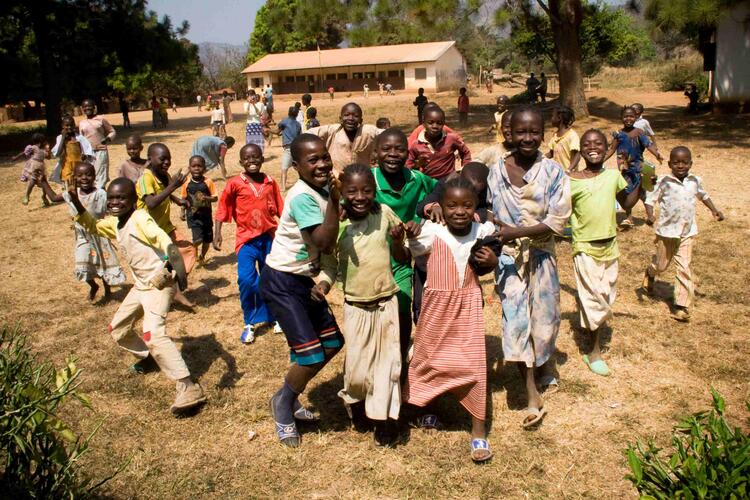
17. Purpose in Life
18. Values, Traditions and Service
TEACHING MATERIALS
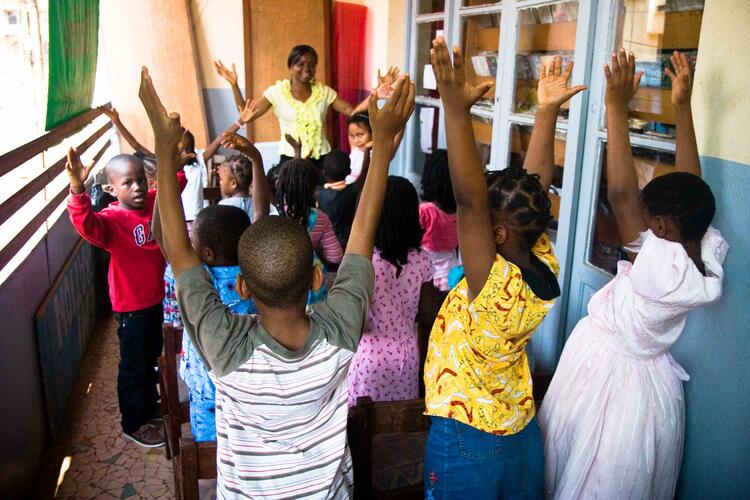
The program provides separate lessons for parents, teens, and children. The different classes all have their own separate set of curriculum for the instructor to use. Each set contains 3 books: The teaching manual and teaching aid pages for the instructor to use, and the lesson handout book for the participants. There is also a separate Family Group Manual with ideas for a family activity to do after the parent/child/teen groups meet. Ideally, the family is taking this class together.
Tailor the lesson to your group
Since many languages don’t yet have access to information online about the topics in the curriculum, there is a lot of information included that the teacher can choose to use. The lessons are organized in a way that the teacher can choose which activities to do based on the time, literacy level, and interest of the group.
Teaching aid pages & demonstration cards
All teaching aid pages are located in the Teaching Aid Pages book. The teaching aid pages are helps for the teacher. This includes things like demonstration cards to use for role-plays, game cards, activity instructions, or Bible verses and posters that the teacher can choose to cut out and use in the lesson.
Handouts
Parent, teen, and child handouts are included in separate handbooks. If your organization is not able to give each participant their own handbook, you can selectively photocopy the handouts that you plan to use and give them out separately. If you are teaching in a less-literate context, the teacher can use the information on the handouts to plan a more interactive or story-based lesson.
HOME PRACTICE
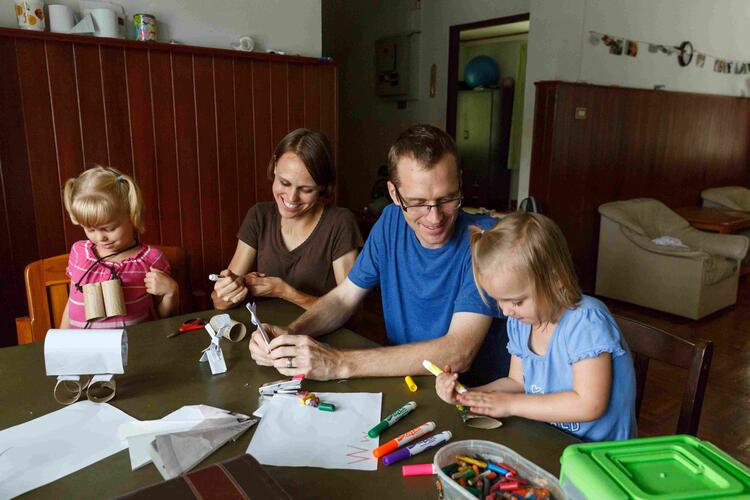
Families will learn the skills best if they do the Home Practice ideas assigned at the end of each lesson. Encourage them to use their new skills throughout the week. At the beginning of each class, take a few minutes to discuss the Home Practice from the previous week before moving on to the new topic.
IMPLEMENTATION
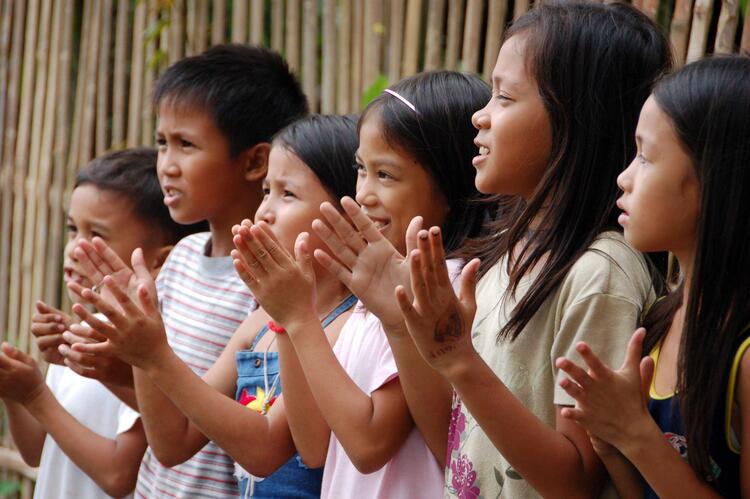
The results of this course will be much greater if it is used as intended: separate parent, teen, and child groups followed by a Family Group Time to practice the skills together. Having time to practice together as families during the class time ensures that they are more likely to use the skills together at home. However, this is not always possible, and the lessons have been used in many different contexts and group situations.
WHERE CAN WE USE IT?
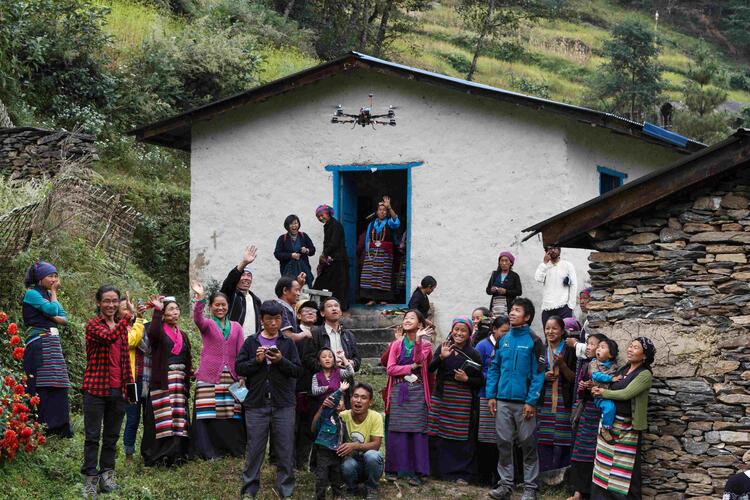
Weekly sessions involving parents, teens, and children!
Also:
- Sunday School
- Family Retreat, Family Bible Month
- Youth Group, Youth Retreat
- Cell Groups
- Orphanages, Children’s Homes
- Street Ministry, Evangelism
- Bible Schools, Training Workshops
UPDATES

Family Group Manual
Drug Fact Handbook
